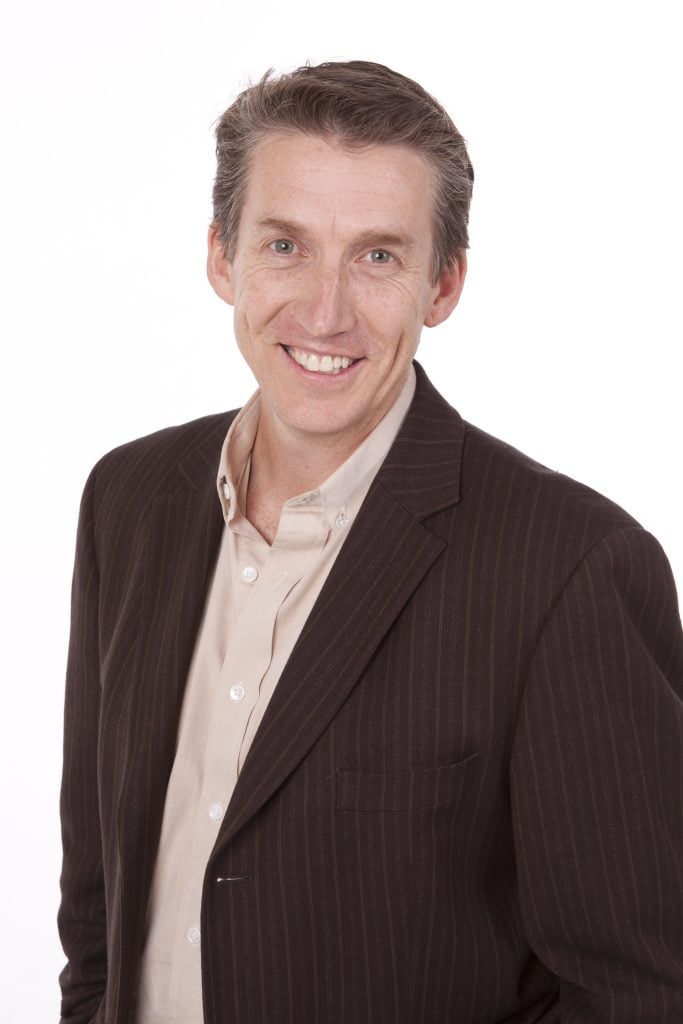Professor Jason Abbott is the immediate past President of AGES, Medical Director of Endometriosis Australia and Member of the Federal Government’s Endometriosis Advisory Committee. In addition, he chairs the MRFF funded National Endometriosis Clinical and Scientific Trials (NECST) Network.
Abbott has dedicated his career to researching and advocating for improving diagnosis and treatment of endometriosis. In this interview, he talks more about the current state of affairs and highlights key steps moving forward.
What is endometriosis?
Endometriosis is a condition in which tissues similar to those that normally lines the uterus grows in other parts of the body. Symptoms include a variety of pelvic pains, menstrual symptoms, and general symptoms such as fatigue. It is a condition that affects up to ten per cent of Australian women, which means that its toll is enormous. It costs an estimated six billion dollars each year, the pain associated with it entails a significant emotional toll on sufferers that can lead to mental health issues and often, it can lead to infertility.

Prof Jason Abbott
Why did you dedicate your career to endometriosis?
I was drawn in because no one knew what it was or what it meant. I was troubled by the suffering of my patients and I wanted to get to know more about it. That’s why I did my PhD on endometriosis and have gone on to make it my career.
I have been in the field for more than 20 years now, but the more I know about it the more I want to do. I often meet women whose lives have been ruined because of endometriosis. The more effort, energy and money we put into it, the more we’re going to be able to help women before it’s too late.
What’s the current state of affairs regarding endometriosis?
At the moment, the only way to diagnose endometriosis is to undergo a laparoscopy and have a biopsy taken, but through research we’ve discovered that genetics play a major role in the development of endometriosis. This may provide the basis for future early detection and management. We need to develop better ways to diagnose the disease early and whilst ultrasound is often helpful in later stage disease, we should increase the capacity of non-invasive diagnostics such as sonography for early stage disease recognition. We have come a long way with ultrasound, but there is still some to go. However, we also have to look at the big picture. Endometriosis is not a single disease process, but a group of related problems that appear in many forms. Do we have capacity to have a non-invasive test for different types of endometriosis? In order to find out, we need to keep funding research.
As part of the National Action Plan, we have been allocated 2.5 million dollars for medical research. The next step is to collaborate with clinicians and researchers nationally to make sure we’ve got coverage across the board. We’ll also hold a clinical trials network across Australia. After that, it’s up to Advisory Groups (including Medical Colleges) to pass on the relevant findings and key information to healthcare providers so that diagnosis and treatment can be improved.
What can medical practitioners do to help?
Medical Colleges are pivotal in this effort. They can be leaders in the field to progress education along the same path. With a coordinated approach, we can make sure women are informed as to what to expect if they’re sufferers of endometriosis and how to optimise their fertility.
Medical practitioners can also learn more by reading the National Action Plan on Endometriosis and by keeping an eye out on the National Endometriosis Clinical and Scientific Trials Network. If they are doing research on endometriosis or would like to play an active part, they can submit an Expression of Interest to join.
Finally, everyone can help by donating to or volunteering with Endometriosis Australia, that is playing a key role in advocacy in this space.



